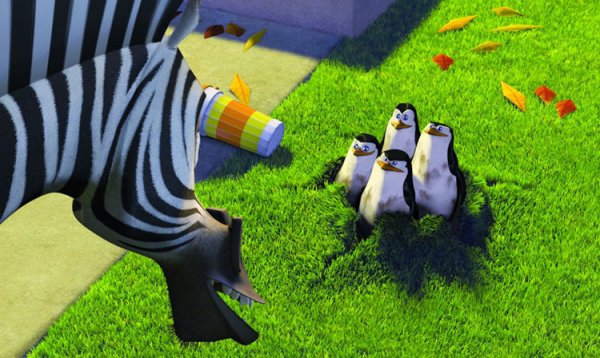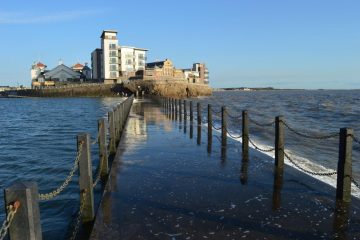Unveiling the Wonders of Madagascar

Introduction
Madagascar, the world’s fourth largest island, stands out not only for its size but also for its incredible biodiversity and unique cultural heritage. This island nation, located off the southeast coast of Africa, is home to species that are found nowhere else on Earth. The relevance of Madagascar in today’s global landscape can be largely attributed to its vast natural resources, rich history, and the environmental challenges it faces. With ongoing climate change effects and deforestation, Madagascar is a focal point for conservation efforts.
Biodiversity and Culture
Madagascar’s isolation from other landmasses has resulted in the evolution of countless species, making it a hotspot for biodiversity. Approximately 90% of the wildlife, including lemurs, chameleons, and various plants, are endemic to the island. This unique biodiversity attracts scientists and eco-tourists alike, highlighting the importance of conservation initiatives in safeguarding these natural treasures.
Additionally, the cultural landscape of Madagascar is incredibly rich, with over 18 ethnic groups and numerous languages spoken, primarily Malagasy and French. The vibrant traditions, arts, and festivals reflect a blend of African, Asian, and European influences, offering visitors a deep insight into its diverse heritage. Events such as the Famadihana, or turning of the bones, illustrate the island’s unique customs that celebrate ancestral connections.
Current Challenges
Despite its wealth of natural and cultural resources, Madagascar faces significant challenges. Environmental degradation, driven by deforestation and climate change, threatens both wildlife and human populations. The United Nations reports that the island loses around 150,000 hectares of forest annually due to logging, agriculture, and mining. Such losses undermine the island’s ecology and the livelihoods of communities that rely on forest resources.
The COVID-19 pandemic further exacerbated these issues, as tourism—a key economic driver—plummeted. Many local communities that depend on tourism have been left vulnerable, compelling the government and NGOs to explore sustainable practices that bridge economic growth with environmental conservation.
Conclusion
As Madagascar navigates the pressing issues of environmental conservation and economic sustainability, the global community’s support becomes increasingly vital. The unique biodiversity and cultural richness of this island nation underscore its significance on the world stage. As efforts continue to balance ecological preservation with human development, Madagascar remains a symbol of both the beauty and fragility of our planet’s natural heritage. For those interested in biodiversity and cultural exploration, Madagascar represents an urgent call to action and a testament to the resilience of both its people and its ecosystems.








